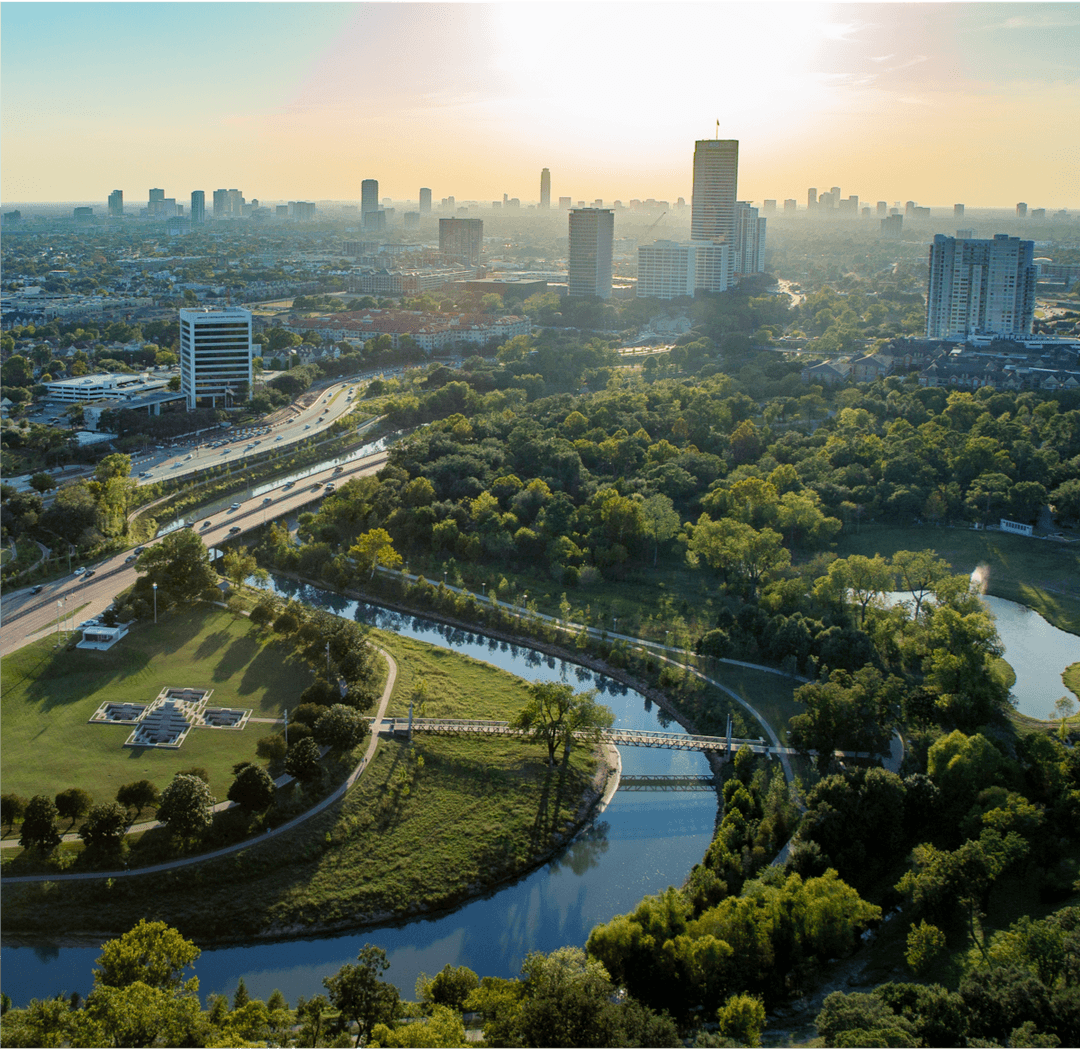Membership
The Power of Mentorship: Why Building a Personal Board of Directors Matters
7/30/25
Mentorship takes many forms and doesn’t always follow a traditional path. For professionals navigating growth and leadership, the right connections often emerge through formal programs and everyday experiences.
Through Women on the Rise, one of the Greater Houston Partnership’s leadership programs, emerging female leaders like Allison Marshall, Managing Principal at Huitt-Zollars, Inc., are finding a space to build meaningful connections, gain perspective, and strengthen their leadership journey.
In this thoughtful reflection, Allison shares how she reframed her expectations, built her own “personal board of directors,” and found strength in a mix of formal and informal relationships that helped her grow personally and professionally.
The value of mentorship is well documented across industries and career stages. Research shows that the right mentorship can have a profound impact:
75% of executives credit their success to mentors and recent research shows that 90% of employees with a career mentor are happy at work. (Harvard Business Review).
Employees who participate in mentoring programs are five times more likely to be promoted than those who don’t (Association for Talent Development).
For women, mentorship is linked to higher career satisfaction, increased leadership readiness, and stronger networks, especially in male-dominated industries (Harvard Business Review; McKinsey & LeanIn.org).
Allison’s insights show that with a little courage and intention, mentorship can be one of the most impactful tools for professional development and personal fulfillment.
“When I was a little girl, I spent a lot of time alone and rarely saw mentorship modeled—especially among women. As I started thinking about my career path in my teens and early twenties, I realized mentorship was something I deeply longed for, even if I wasn’t sure what it looked like.
My career has been non-linear, full of unexpected turns and what I like to call “side quests,” which has made it hard to find that perfect mentor. For a long time, I thought I needed some magical combination of a C-suite mom and a power-suit bestie—someone who would sit across from me with a calm presence, listen deeply, and then drop life-changing advice over coffee. Needless to say, I never found Gayle King moonlighting as Miranda Priestly.
What I have found is that, when you pay attention, mentors are everywhere—in both formal programs and unexpected, organic relationships.
Sometimes I’ve stumbled into mentorships by accident; other times, I’ve had to take a deep breath and ask someone I admire directly. More than once, I’ve realized mentorship was happening only after the relationship ended—which made me even more intentional about strengthening the more formal mentorships I’ve built since.
These days, I like to think of my mentors as my own personal board of directors. I don’t rely on one person to walk with me through every chapter of my career or meet every need. Instead, I’ve built a circle of trusted voices: some are in my industry, some outside of it. Some are working moms, others have navigated challenges I’m facing now. Some have succeeded in areas where I still struggle. All of them are people I admire—for their wisdom, integrity, perspective, and the lives they’ve built.
Like any relationship, mentorship takes time. It takes time to build trust, to create space for vulnerability, and to prioritize the relationship in the midst of everything else. It also takes courage. The first time I said to someone, “Hey, I’m building a personal board of directors, and I’d love for you to be on it,” I felt ridiculous. But to my surprise, I was met with laughter—and then, wholehearted enthusiasm. People want to share what they’ve learned. And more often than not, they want to share in your success, too.
Participating in the WOTR mentorship program is another way to connect with incredible women that can provide friendship, guidance and perspective. Whether through WOTR or your own circle, purposeful mentorship is one of the most powerful tools for growth.”
Ready to build your own board of directors?
Women on the Rise, part of the Partnership’s Greater Houston Leadership Institute, is a community of rising leaders committed to growth, connection, and mentorship. Whether you're seeking guidance, offering support, or both, this exclusive network offers opportunities to learn, lead, and lift others along the way.
Learn more and get involved at houston.org/womenrise
____________________________________________________
Mentorship Statistics with Citations:
“75% of executives credit their success to mentors and recent research shows that 90% of employees with a career mentor are happy at work.” Source: Harvard Business Review, “A Better Approach to Mentorship” by Christopher “CJ” Gross
"Employees who participate in mentoring programs are five times more likely to be promoted than those who don’t." Source: Association for Talent Development (ATD), Mentoring Matters: Developing Talent with Formal Mentoring Programs (2017).
"For women in particular, mentorship is linked to higher career satisfaction, increased leadership readiness, and stronger networks—especially in male-dominated industries." Source: Harvard Business Review, “Why Men Still Get More Promotions Than Women” by Herminia Ibarra, Nancy M. Carter, and Christine Silva (2010); and McKinsey & LeanIn.org, Women in the Workplace report (2023).
Read More

 The Houston Report
The Houston Report




















